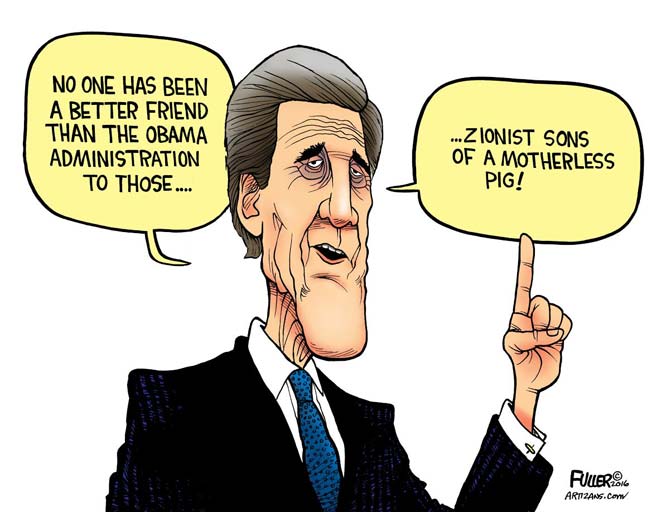
John Kerry doesn't come late to the betrayal of friends. He has had considerable practice.
In 1971, when he was a young lieutenant just back from Vietnam, where he was a decorated skipper of a Swift Boat patrolling the Mekong River, he appeared before the U.S. Senate Foreign Relations Committee to pay his "respects" to the American soldiers, sailors and Marines he fought a war with.
Representing all those veterans, he told the senators, he wanted to talk about war crimes he said "were committed on a day-to-day basis with the full awareness of officers at all levels of command."
Mr. Kerry proceeded to slander and defame hundreds of thousands of young Americans who were serving at their country's call in a distant place where none wanted to be, doing their best at achieving the impossible.
Most of us who were there as observers and witnesses - I spent the better part of three years in Vietnam and Southeast Asia as a newspaper correspondent - saw ugly anger at work, the brutal way of war since Cain picked up a stone to slay his brother Abel. Occasional violence verged on atrocity, but we saw kindness and mercy in the midst of the noisy clangor of killing.
Mr. Kerry testified that he saw his country only at the work of atrocity, young men, many of them highly decorated, merciless in pursuit of barbarism. He told of swapping war stories with men who "personally raped, cut off ears, cut off heads, taped wires from portable telephones to human genitals and turned up the power, cut off limbs, blown up bodies, randomly shot at civilians, razed villages in fashion reminiscent of Genghis Khan, shot cattle and dogs for fun, poisoned food stocks, and generally ravaged the countryside of South Vietnam in addition to the ravage of war, and the normal and very particular ravaging which is done by the applied bombing power of this country."
Old soldiers who served with him on the Mekong were astonished at his fanciful recital of comic-book war story, and gave their eloquent version three decades later when Mr. Kerry was the Democratic candidate for president. They said he was full of it, "it" being neither heroism nor witness to truth. He was a phony, Purple Hearts and Bronze and Silver stars or not.
Men return from wars with different recollections, of course, usually told in good faith, but rarely has a returning soldier so slandered and demeaned so many good men. His descriptions of savagery - beheadings, cutting off ears and limbs and indiscriminate razing of villages - with the full knowledge of all senior officers defied belief. He seemed to be telling stories from pique and spite, pandering to the hysteria of the times.
"We rationalized destroying villages in order to save them," he said. "We saw America lose her sense of morality as she accepted very coolly a My Lai and refused to give up the image of American soldiers who hand out chocolate bars and chewing gum."
Most American soldiers were guilty, in fact, of kindnesses to Vietnamese children, even handing out chocolate bars and chewing gum, just as American soldiers had done in previous American wars. But there was no "very cool" acceptance of the savage massacre at a Vietnamese village called My Lai, but instead a criminal investigation, with conviction of the guilty in the midst of a war where there was cruelty at every hand. No country but the United States of America had ever done that.
But John Kerry, as diplomats before him have said of nations, has no permanent friends, only his own permanent interests. He is diplomat enough to hide some of them until a convenient time arrives, and a convenient time arrived with President Obama's betrayal of Israel at the United Nations, when at the president's bidding the United States declined to veto a malignantly one-sided resolution condemning the Jewish state for its policy of using settlements on the West Bank as bargaining chips if the Palestinians should give up their dream of evicting Israel from this world.
Mr. Kerry, like the president, seems to have been waiting for this moment in time, to stick it to the pesky and resolute Jews who have no taste for the second Holocaust when, as promised by the Iranians, Israel is "wiped off the map."
Barack Obama entertains himself by fussing over his legacy, eager to be remembered as an American icon, perhaps to replace George Washington. John Kerry was eager to assist him with the betrayal of Israel. Both president and secretary of State were doing what comes naturally.
Comment by clicking here.
JWR contributor Wesley Pruden is editor emeritus of The Washington Times.


 Contact The Editor
Contact The Editor
 Articles By This Author
Articles By This Author